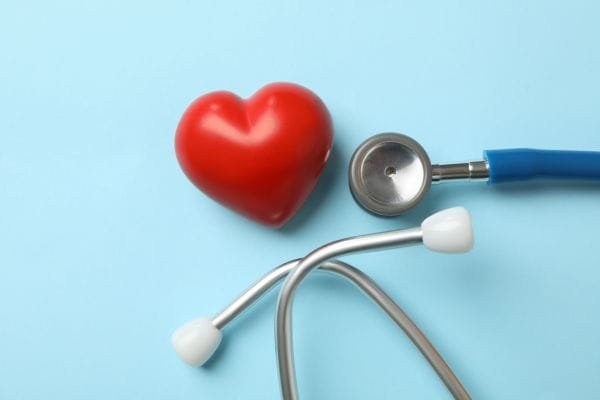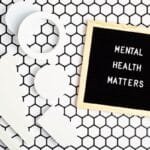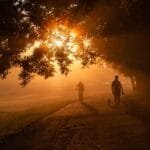Introduction
Heart attacks don’t always give second chances—and being alone when one strikes can make the situation even more dangerous.
Between 2024 and 2025, nearly half of all sudden cardiac deaths occurred when the person was alone and unable to get timely help.
At The Doctorpreneur Academy, doctors are spreading awareness about emergency readiness and self-response techniques, because quick action in those first few minutes can truly mean the difference between life and death.
Why Delay Can Be Deadly
A heart attack occurs when blood flow to the heart is suddenly blocked, usually by a clot. Without oxygen, heart muscle cells begin to die within minutes.
Delaying treatment—even by 5–10 minutes—can significantly lower survival chances and increase long-term heart damage.
When emergency help is delayed, patients lose the opportunity for early defibrillation, oxygen therapy, and clot-dissolving medication, all of which are critical for survival.
1. Recognize the Early Warning Signs
Most people receive warning signals hours or even days before a major attack, but they often dismiss them.
Here’s what to look out for:
- A squeezing, heavy, or burning sensation in the chest.
- Pain spreading to the arm, neck, jaw, or back.
- Sudden shortness of breath, nausea, or cold sweats.
- Unexplained fatigue or indigestion, especially in women and diabetics.
2. Call for Help Immediately—Don’t Wait It Out
If you even suspect a heart attack, call 108 (India) or your local emergency number immediately.
Waiting to “see if it passes” can be fatal.
If you’re alone:
- Use voice commands or quick dials on your phone to alert neighbors or family.
- Keep your location-sharing feature on for emergency responders.
- Avoid driving yourself unless there’s no alternative—emergency teams can start life-saving treatment en route.
3. Stay Calm and Sit Upright
Once you’ve called for help, sit upright with your back supported and feet flat on the floor.
Do not lie down or exert yourself.
- Sitting upright helps reduce strain on the heart.
- Slow, deep breaths can ease anxiety and maintain oxygen supply.
Every movement counts—stay still, stay calm, and focus on breathing steadily.
4. Chew an Aspirin (If Safe)
If you have aspirin (300 mg) nearby and are not allergic, chew one tablet after alerting emergency services.
Aspirin helps thin the blood and prevent new clots from forming.
However, skip this step if you have a bleeding disorder or if advised otherwise by a doctor.
5. Ignore “Cough CPR” Myths
The so-called “cough CPR”—coughing forcefully to keep the heart pumping—is a dangerous myth outside of hospital settings.
It should never be attempted alone at home.
Instead, focus on:
- Calling emergency help.
- Remaining calm and upright.
- Ensuring someone nearby knows to begin CPR (cardiopulmonary resuscitation) if you lose consciousness.
What Indian Doctors Want You to Know
At The Doctorpreneur Academy, our community of doctors regularly educates patients that:
- Heart health awareness must begin early, especially for people with diabetes, hypertension, or stress-related lifestyles.
- Emergency preparedness—like keeping aspirin handy and emergency contacts saved—can save lives.
- Digital health devices (smartwatches, heart monitors, and ECG apps) can help detect irregularities early.
💡 Doctorpreneurs are also exploring AI-powered cardiac monitoring, telehealth emergency response, and digital CPR training to improve survival rates in India.
Key Takeaways for Doctors and Patients
✅ Recognize subtle heart attack signs early.
✅ Call for help immediately—don’t wait.
✅ Sit upright, stay calm, and chew aspirin if appropriate.
✅ Avoid unverified “cough CPR” advice.
✅ Encourage patients to learn CPR and emergency response skills.
Conclusion
A heart attack can happen to anyone—but knowledge, quick action, and calmness can save your life.
Every minute counts.
When alone, your best protection is awareness and preparedness.
At The Doctorpreneur Academy, we believe empowering patients through education is as vital as medical treatment itself—because in moments of crisis, awareness is the first medicine.
👉 To register for our next masterclass, please click here: https://linktr.ee/docpreneur




